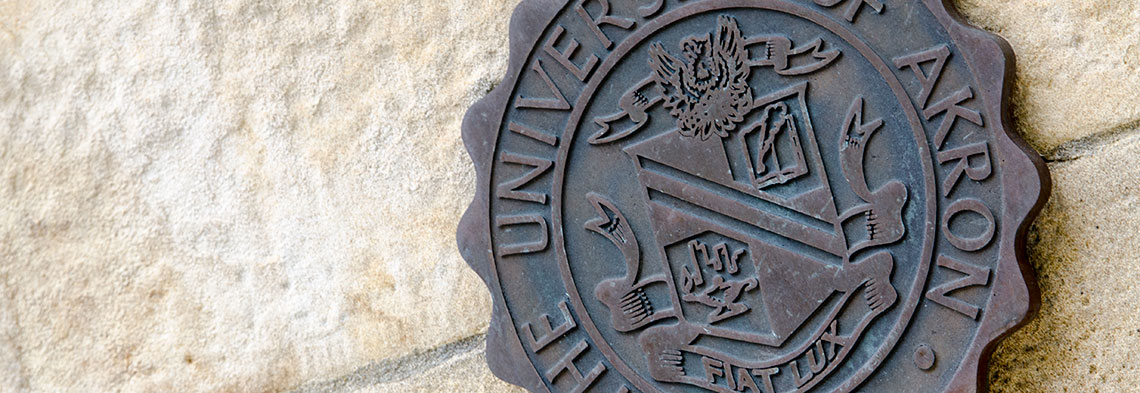Document Type
Article
Publication Date
2017
Abstract
In the last decade, the federal circuit courts have grappled with the issue whether, and to what extent, school officials constitutionally may discipline students for their off-campus electronic speech. Before 2015, three federal circuit courts had extended school authority to off-campus electronic speech by applying a vague test that allows school officials to reach far beyond the iconic “schoolhouse gate” referenced in the Supreme Court’s landmark decision in Tinker v. Des Moines Independent Community School District, 393 U.S. 503 (1969) Two other federal circuits had avoided the issue altogether by deciding the cases before them on other grounds. In 2015, the Fifth Circuit Court of Appeals became the sixth circuit court to wrestle with the issue, issuing a highly fractured decision in which multiple judges urged the Supreme Court to provide guidance on this important constitutional issue. A petition for a writ of certiorari was filed in the Fifth Circuit case but, in February 2016, just days after the unexpected death of Justice Antonin Scalia, the Supreme Court denied the certiorari petition. The eight-member Court thus missed an opportunity to address this important First Amendment issue.
This article reviews the varied approaches the federal circuits have taken regarding the scope of school officials’ authority over students’ off-campus electronic speech. The article then proposes an analytical framework that will protect students’ free speech rights while preserving the ability of school officials to insure the safety and wellbeing of the school community.
Publication Title
Brooklyn Law Review
Volume
82
Recommended Citation
82 Brooklyn L. Rev. ___ (2017)


